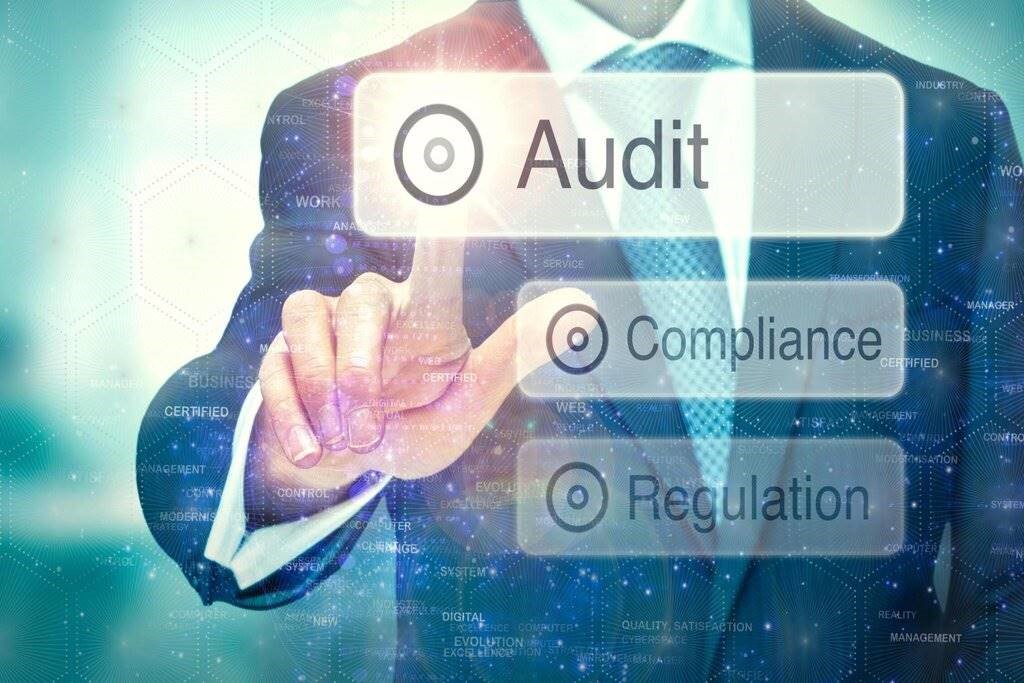In today’s complex business landscape, maintaining compliance with regulations and standards is crucial for the success and reputation of any organization. Whether it’s in finance, healthcare, manufacturing, or any other industry, adherence to rules and regulations is not just a legal requirement but also a fundamental aspect of building trust with stakeholders.
However, achieving and demonstrating compliance can be challenging, especially as regulations evolve and become more stringent. This is where audit management systems come into play, offering a comprehensive solution to drive compliance and ensure accountability throughout the organization.
Understanding Audit Management Systems
Audit management systems are software solutions designed to streamline and automate the entire audit process from planning and scheduling to execution, reporting, and follow-up.
These systems such as monitorQA provide a centralized platform for managing audit activities, documentation, findings, and corrective actions, facilitating greater efficiency, consistency, and transparency in the auditing process.
Ensuring Regulatory Compliance
One of the primary functions of audit management systems is to ensure regulatory compliance. With ever-changing regulations and standards governing various industries, organizations must stay up-to-date and align their operations accordingly.
Audit management systems enable organizations to systematically assess their compliance with relevant regulations, standards, and internal policies. These systems allow organizations to create audit programs tailored to specific regulatory requirements, ensuring that all necessary areas are covered during audits.
By providing predefined audit checklists, templates, and criteria, audit management systems help auditors conduct thorough assessments and identify compliance gaps more effectively.
Furthermore, audit management systems facilitate real-time monitoring of compliance status, enabling organizations to track progress, identify trends, and take proactive measures to address potential non-compliance issues.
This proactive approach not only reduces the risk of regulatory violations but also demonstrates a commitment to compliance and accountability to regulators, customers, and other stakeholders.
Enhancing Transparency and Accountability
Transparency and accountability are essential pillars of effective governance and risk management. Audit management systems play a vital role in promoting transparency and accountability by providing visibility into audit activities, findings, and outcomes across the organization.
By centralizing audit data and documentation in a secure, accessible platform, audit management systems ensure that audit information is readily available to relevant stakeholders including management, auditors, regulatory authorities, and external auditors.
This transparency fosters trust and confidence in the audit process and helps stakeholders understand the organization’s commitment to compliance and accountability. Moreover, audit management systems facilitate accountability by assigning clear responsibilities for audit tasks, corrective actions, and follow-up activities.
By tracking the status of audit tasks and corrective actions in real time, these systems hold individuals and departments accountable for addressing audit findings and implementing necessary improvements. This accountability not only ensures that issues are promptly resolved but also drives continuous improvement and organizational effectiveness.
Improving Efficiency and Effectiveness
Manual audit processes can be time-consuming, resource-intensive, and prone to errors and inconsistencies. Audit management systems streamline and automate many aspects of the audit process, improving efficiency and effectiveness while reducing the burden on audit teams.
These systems eliminate the need for manual paperwork, spreadsheets, and email communications by providing a centralized platform for managing all audit-related activities and documentation.
Auditors can easily schedule audits, assign tasks, conduct fieldwork, record observations, and generate reports within the system, saving time and reducing administrative overhead. Furthermore, audit management systems enable organizations to standardize audit processes and workflows, ensuring consistency and repeatability across audits.
By providing predefined templates, checklists, and best practices, these systems help auditors conduct thorough, structured audits that yield reliable results. This standardization also facilitates benchmarking and comparison of audit findings over time, enabling organizations to identify trends, patterns, and areas for improvement more effectively.
Facilitating Continuous Improvement
Continuous improvement is a fundamental principle of quality management and organizational excellence. Audit management systems support continuous improvement by providing valuable insights into the effectiveness of internal controls, processes, and systems.
By analyzing audit findings, trends, and root causes of non-conformities, organizations can identify opportunities for improvement and implement corrective and preventive actions to address underlying issues.
Audit management systems enable organizations to track the status of corrective actions, monitor their effectiveness, and verify closure, ensuring that problems are resolved and recurrence is prevented.
Moreover, audit management systems support a culture of continuous learning and development by facilitating knowledge sharing, training, and skills development for audit teams. By providing access to resources, training materials, and best practices, these systems empower auditors to enhance their capabilities and contribute to organizational success.
Conclusion
Audit management systems play a crucial role in driving compliance and ensuring accountability within organizations. By providing a centralized platform for managing audit activities, documentation, and follow-up actions, these systems enable organizations to systematically assess their compliance with regulations, standards, and internal policies.
Moreover, audit management systems promote transparency and accountability by providing visibility into audit activities, findings, and outcomes across the organization. By improving efficiency, effectiveness, and consistency in the audit process, these systems help organizations identify areas for improvement and drive continuous improvement initiatives.

